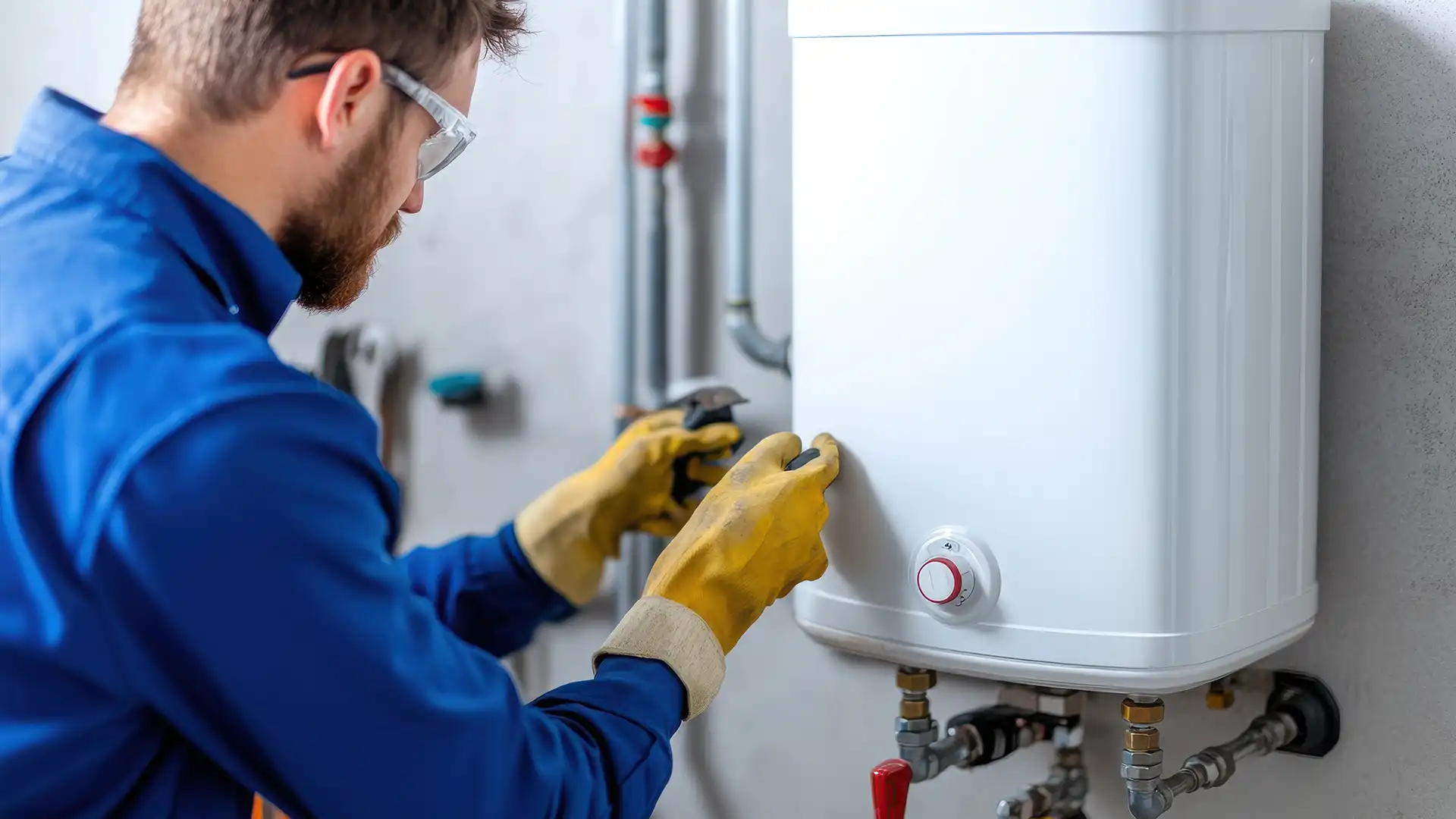
What You Should Know About Ductwork Maintenence
You don’t worry much about your ductwork, do you? After all, it’s tucked away in the attic, walls or basement, and it seems like there’s no real reason to give it a thought. But over time, with all that cold and hot air coming through and year after year of expanding and contracting, the ducts can become worn and problems can occur.
Here’s why you may need ductwork maintenance.
How Ducts Becomes Damaged
Your ductwork is a network of tubing designed to convey conditioned air throughout your home. Ducts are usually made of sheet metal, and may be insulated with fiberglass. Over time the duct segments can become disconnected. Holes and cracks may form in the ducts as well, either from damage done when work is taking place near the ductwork, from rodents or simply from wear and tear.
Conditioned air leaks out in unconditioned spaces through these holes in the ductwork so that your HVAC system cools and heats less efficiently. Your utility bill may go up as you use more energy. Also, moist, dirty air may be drawn into the system and create indoor air quality problems in your home.
Watch for these signs in your home, and remember that ductwork damage may be to blame.
Fixing Damaged Ducts
Damaged ductwork should be repaired or replaced. If you’re not able to inspect your ductwork, then you should hire an HVAC technician to check it when you schedule your annual maintenance.
Repairing or replacing damaged ductwork is generally an inexpensive fix. If you do it yourself, you will need caulk, metal screws and foil tape. Do not use duct tape.
Technicians should also check the flue and venting for CO2 output at vent end points.
After repairs or replacement of the damaged ducts, the technician should check the temperature rise and air flow across the system, making sure proper fan speed is attained.

